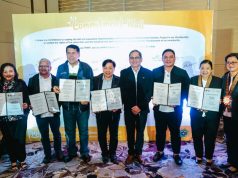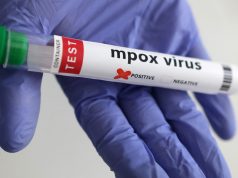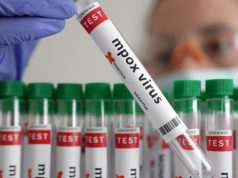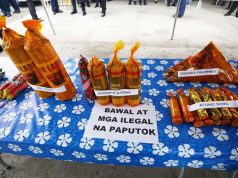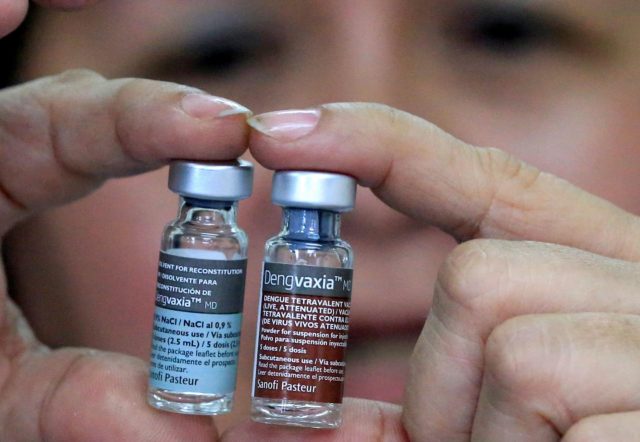
Sanofi Pasteur has responded positively to the reimbursement request of the government for the PhP1.4 billion worth of unused doses of anti-dengue vaccine Dengvaxia in the public vaccination program.
The pharmaceutical company announced this on Monday, in response to the Department of Health’s January 12 demand letter to Sanofi Pasteur seeking a refund of the unused vaccines.
But, Sanofi Pasteur clarified: “Our decision to reimburse for unused doses is not related to any safety or quality issue with Dengvaxia.
“Rather, Sanofi Pasteur hopes that this decision will allow us to be able to work more openly and constructively with the DOH to address the negative tone towards the dengue vaccine in the Philippines today.”
This “tone” was because of the “misunderstanding of the benefits and risks associated with the dengue vaccine and a lack of awareness amongst the general public, particularly parents of vaccinated children, that the overall benefit of dengue vaccination remains positive in high endemic countries like the Philippines,” Sanofi added.
Sanofi Pasteur and the Dengvaxia deal with the government, initiated during the administration of then President Benigno Aquino III, has been the subject of hearings at the House of Representatives and the Senate after the pharmaceutical company disclosed late last year that persons who have never had dengue and were vaccinated with Dengvaxia could have severe dengue once infected with the virus.
Sanofi Pasteur, through its Asia-Pacific head Thomas Triomphe, maintained that the vaccine is beneficial for Filipinos due to the high incidence of the disease in the country.
According to him, Dengvaxia has a “protective effect” on seropositive persons (those who had been infected with dengue prior to getting vaccinated), which he had said constitutes 90 percent of the population in the Philippines.
“We have asked the DOH for a meeting to discuss any questions they may have regarding the reimbursement and also to find ways to inform the Filipino public in a more balanced and evidence-based way on dengue vaccination while also restoring public trust in vaccination programs, in general,” the latest statement from Sanofi Pasteur said.
For its part, the DOH in a press release on Friday said it had sent Triomphe two letters: the one mentioned by Sanofi Pasteur on Monday, and another “requesting Sanofi Pasteur to conduct serotesting of the more than 830,000 vaccinees using a newly developed test to determine their pre-vaccination status at no cost to the government.”
DOH also asked the pharmaceutical company to submit the documents “on all the ongoing clinical trials and other studies involving Dengvaxia in the Philippines, including proof that they have passed ethics review standards of the Philippine Council for Health Research and Development.”
“The Dengvaxia vaccine that Sanofi Pasteur aggressively promoted and sold to the Philippine Government has undeniably failed to deliver its supposed clinical benefit and safety claims, hence, considered defective under Philippine civil laws,” said Health Secretary Francisco Duque III.
Four out of the 17 Filipinos who died (it was unclear from the press release if these were all children) after getting Dengvaxia shots had apparently experienced dengue shock as the cause, Duque added.
But the DOH stressed that “there is no conclusion yet on whether the administration of Dengvaxia caused the death of the vaccinees. A panel of PGH (Philippine General Hospital) independent experts are currently evaluating the clinical records of these cases.”






